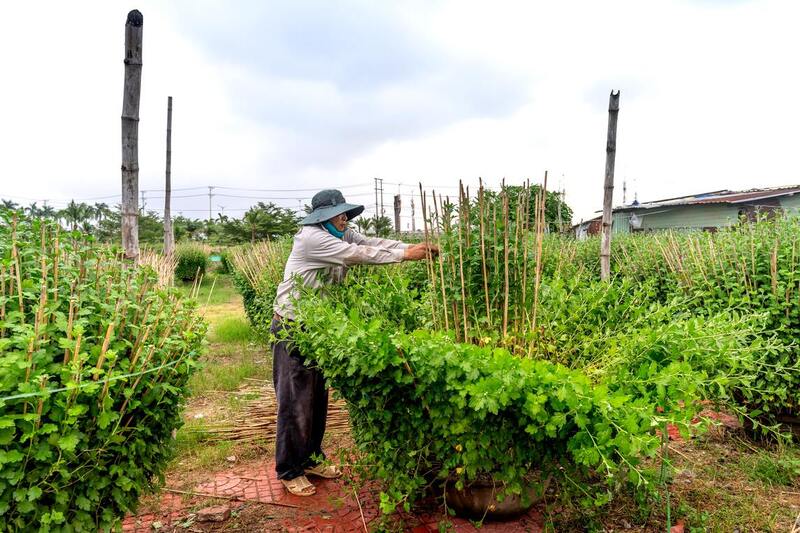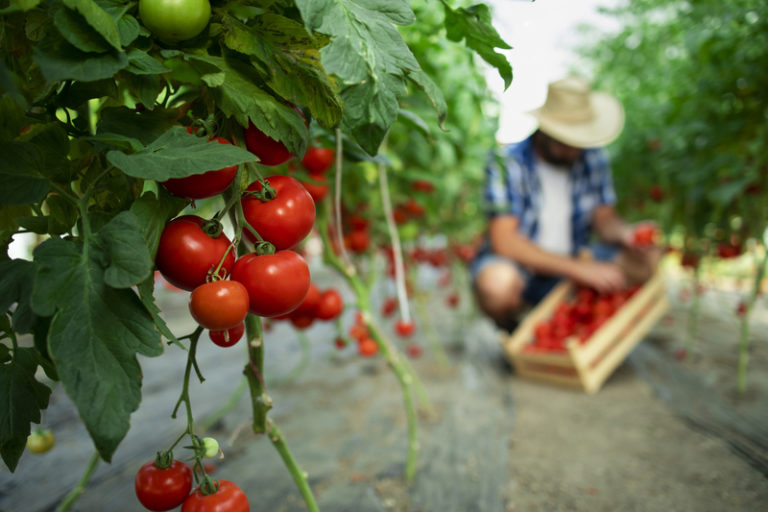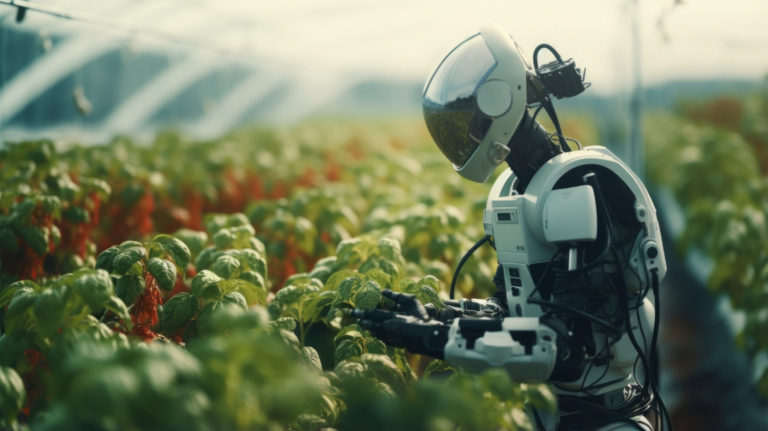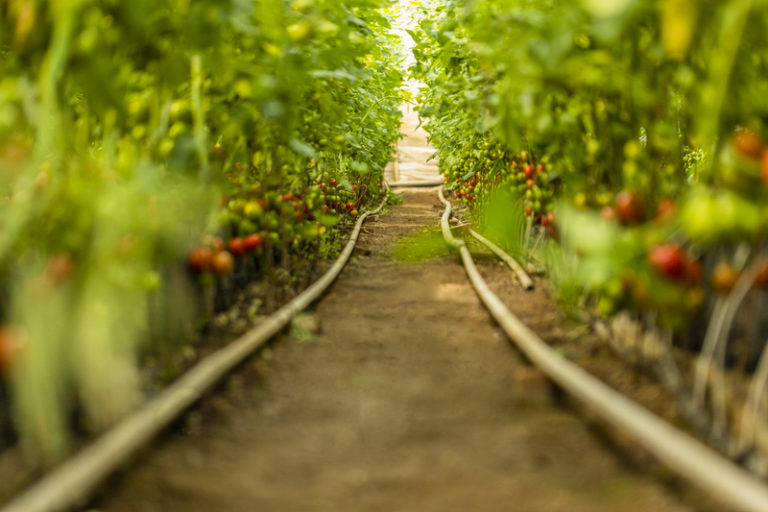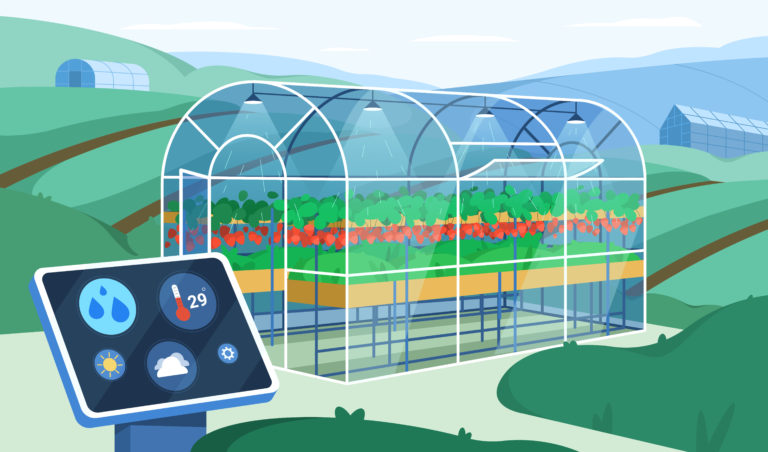Unsustainable Farming Practices: Environmental and Human Health Risks
Agriculture is the foundation of the economies of many countries, and it gives people all over the world the food they need to live. However, not all farming practices are sustainable.
Unsustainable farming practices can have devastating consequences, including soil degradation, water pollution, biodiversity loss, and climate change.
In this article, we’ll talk about how farming practices that aren’t sustainable hurt the environment, what makes farming practices that aren’t sustainable happen, and some examples of farming practices that aren’t sustainable. We will also talk about the effects of farming that isn’t sustainable and ways to fix this important problem.
Negative Impacts of Unsustainable Farming
Soil Degradation and Erosion
Soil degradation and erosion are two of the worst effects of farming that are not sustainable. Unsustainable farming practices, such as the overuse of chemical fertilizers and pesticides, monoculture, and intensive agriculture, can strip the soil of its nutrients and organic matter. The result is soil that is less fertile, less able to retain water, and more prone to erosion.
Soil erosion can cause crop yields to go down, topsoil to be lost, and, in the worst cases, a desert to form. Also, soil that has been damaged is less able to absorb and store carbon, which leads to more greenhouse gas emissions and changes in climate.
Water Pollution and Scarcity
Unsustainable farming practices can also lead to water pollution and scarcity. Overuse of chemical fertilizers and pesticides can contaminate groundwater and surface water, making it unsafe for human consumption and damaging aquatic ecosystems.
Also, farming methods that aren’t sustainable, like irrigation and growing crops that need a lot of water, can deplete groundwater reserves, which can cause water shortages and fights over access to water resources.
Biodiversity Loss and Habitat Destruction
Unsustainable farming practices can also lead to biodiversity loss and habitat destruction. Monoculture, for example, can lead to the loss of biodiversity as a single crop is grown on a large scale, displacing other plant and animal species.
Deforestation and changing how land is used for farming can also destroy habitats and kill off species.This loss of biodiversity can have cascading effects on the ecosystem, including the loss of pollinators, natural pest control, and soil fertility.
Climate Change and Greenhouse Gas Emissions
Unsustainable farming techniques release greenhouse gases like carbon dioxide and methane into the atmosphere.For example, intensive agriculture needs a lot of fossil fuels to run machinery, get around, and make synthetic fertilizers and pesticides.
Deforestation and changing how land is used for farming also add to greenhouse gas emissions by letting carbon out of trees and soil.
Human Health Risks
Unsustainable farming practices can also pose risks to human health. Overuse of chemical fertilizers and pesticides can lead to contamination of food and water resources, putting human health at risk.
Additionally, the use of hormones and antibiotics in factory farming can promote the growth of bacteria that are resistant to antibiotics.This can be very bad for human health.

Causes of Unsustainable Farming
Intensive Agriculture
One of the main causes of unsustainable farming practices is intensive agriculture. Intensive agriculture involves the use of large amounts of synthetic fertilizers and pesticides, heavy machinery, and monoculture to maximize crop yields.
While intensive agriculture can produce high crop yields, it often comes at the expense of soil health, water resources, and biodiversity.
Monoculture
Monoculture, the practice of growing a single crop on a large scale, is another cause of unsustainable farming practices. Monoculture can lead to soil degradation, more pests and diseases, and a loss of different kinds of plants and animals.
Overuse of Chemical Fertilizers and Pesticides
Overuse of chemical fertilizers and pesticides is another cause of unsustainable farming practices. These chemicals can contaminate soil and water resources, harm non-target species, and contribute to the development of pesticide-resistant pests.
Deforestation and Land Use Change
Deforestation and changing the way land is used for farming are also big reasons why farming practices are not sustainable. Clearing forests and natural habitats for farming can cause soil erosion, a loss of biodiversity, and more greenhouse gases to be released into the atmosphere.
Examples of Unsustainable Farming Practices
Factory Farming
One example of unsustainable farming practices is factory farming. Factory farming involves raising large numbers of animals in confined spaces, often using antibiotics and hormones to increase growth rates and prevent disease.
Factory farming can lead to environmental degradation, animal welfare issues, and risks to human health from the overuse of antibiotics and hormones.
Overfishing
Overfishing is another example of unsustainable farming practices. Overfishing can deplete fish populations and disrupt aquatic ecosystems, leading to long-term ecological and economic consequences. Overfishing can also threaten the food security of places where fish is the main source of protein.
Consequences of Unsustainable Farming
The effects of farming methods that aren’t sustainable are far-reaching and can be very bad for both the environment and people.
Environmental Consequences
Some of the environmental effects of farming methods that aren’t sustainable are soil degradation and erosion, water pollution and lack of water, loss of biodiversity and destruction of habitat, climate change, and the release of greenhouse gases.
These effects can have a domino effect on ecosystems, making them less productive and resilient, more vulnerable to natural disasters, and having long-term effects on the environment.
Human Health Risks
Unsustainable farming practices can also pose risks to human health. Overuse of chemicals such as pesticides and antibiotics can lead to contamination of food and water resources, putting human health at risk.
Additionally, the way factory farms operate may encourage the growth of bacteria resistant to antibiotics. This can be very bad for human health.
Economic Consequences
Unsustainable farming practices can also hurt the economy. For example, they can lead to lower crop yields and productivity, higher costs for things like fertilizers and pesticides, and less ability to recover from natural disasters.
Strategies for Addressing Unsustainable Farming
There are several strategies for addressing unsustainable farming practices and promoting more sustainable agriculture.
Transition to Sustainable Agriculture Practices
One strategy is to switch to farming methods that are more sustainable, like agroforestry, regenerative agriculture, and organic farming.
These practices put the health of the soil, the diversity of plants and animals, and the resilience of the ecosystem first and use as few synthetic inputs as possible.
Invest in Research and Development.
Another way to deal with unsustainable farming is to invest in research and development of sustainable farming methods.
This can include making new crop varieties that can handle climate change and pests better, as well as looking into other ways to control pests and diseases.
Policy and Regulation
Policy and regulation can also play a role in promoting sustainable agriculture. Governments can incentivize sustainable farming practices through subsidies and tax breaks, as well as by regulating the use of chemical inputs and promoting conservation practices.
Consumer Education and Awareness
Finally, consumer education and awareness can also promote sustainable agriculture. Consumers can choose to support sustainable farming practices by purchasing locally grown organic produce and supporting small-scale farmers who prioritize sustainability.
Conclusion
Practices in farming that aren’t sustainable can hurt the environment, people’s health and the economy.
We can work toward a more sustainable and resilient food system for the future by switching to more sustainable farming methods, investing in research and development, promoting policy and regulation, and getting people to pay more attention to food.
Also Read:
History of Sustainable Agriculture: A Look at the Evolution of Farming Practices

